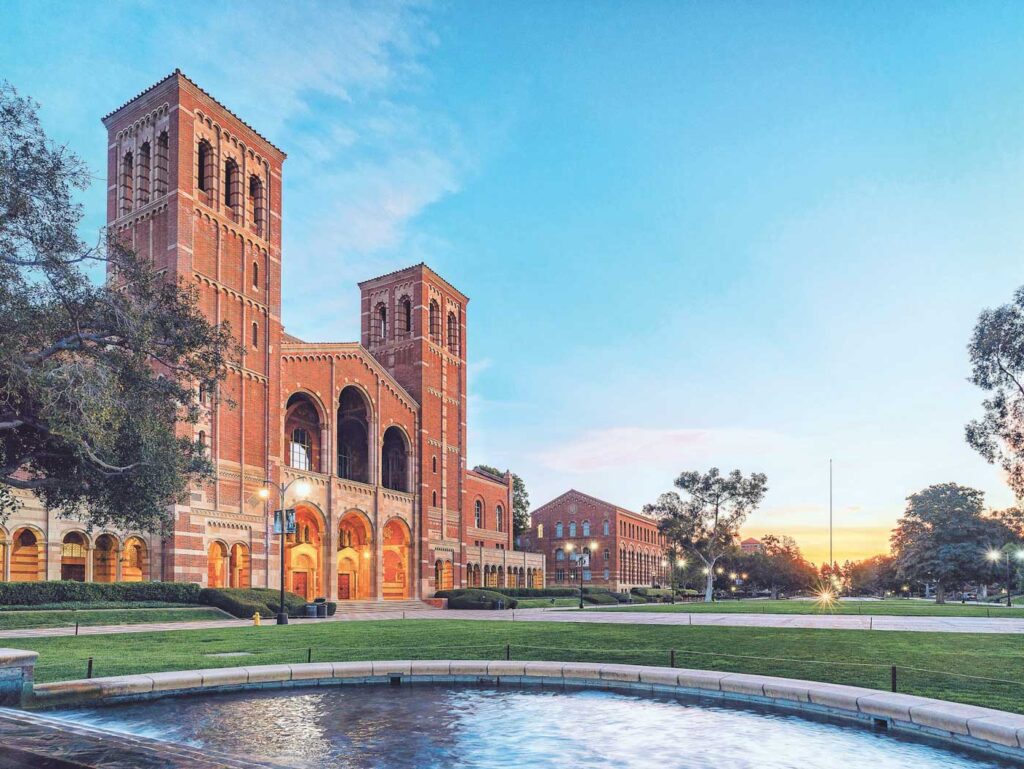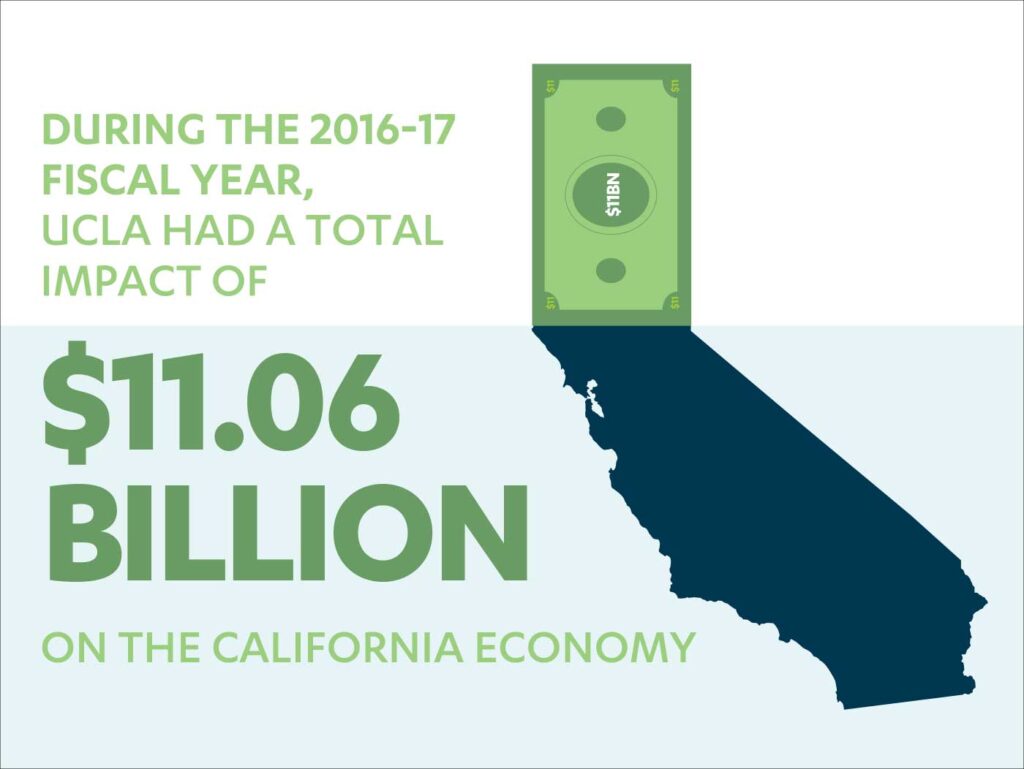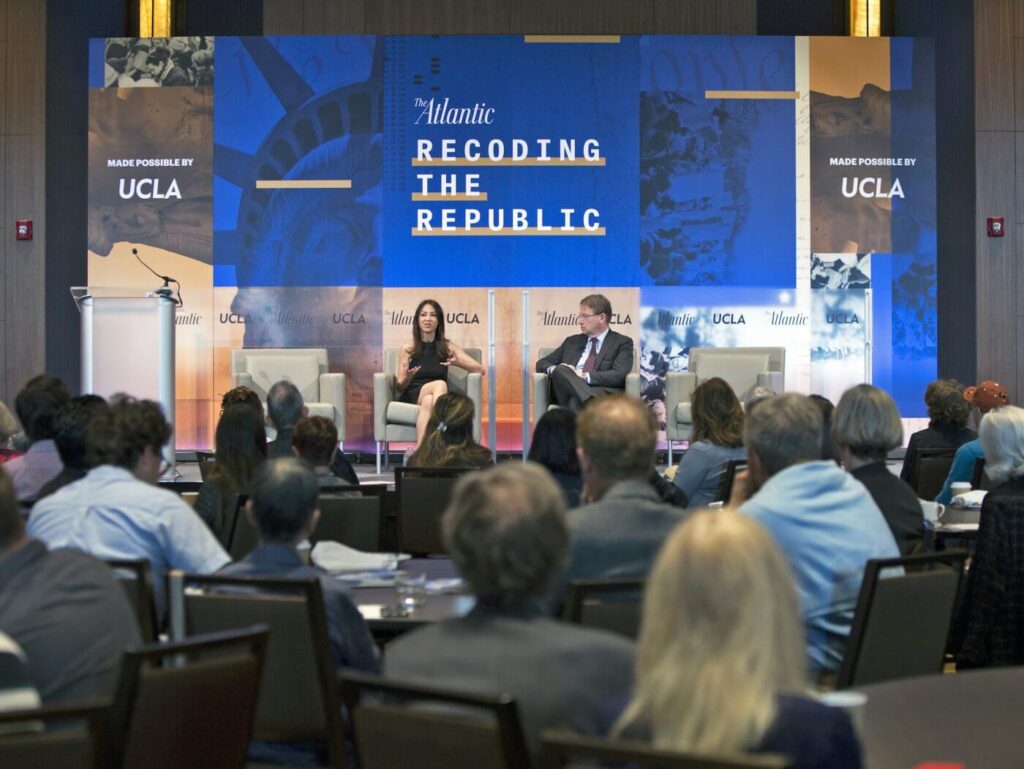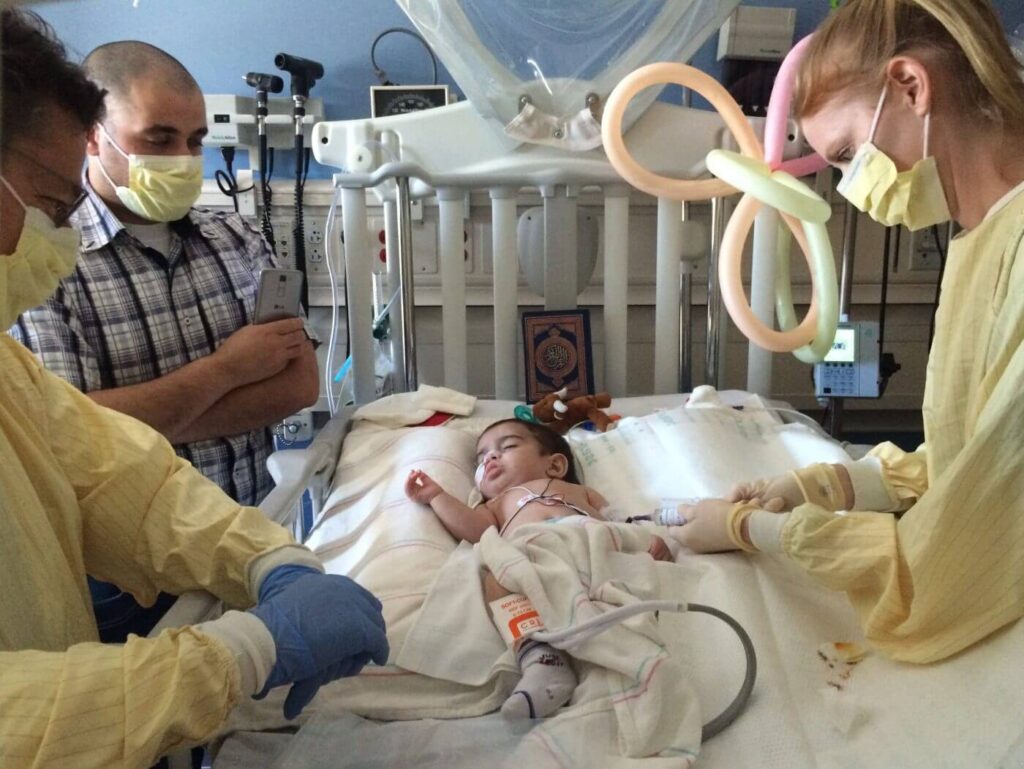
This is always an exciting time of year at UCLA, as campus comes alive with thousands of new students and many more returning from summers of work, travel or just preparing for the next phase in their studies. So far, we’re off to a great start. Just a few weeks ago, U.S. News & World Report named UCLA the nation’s No. 1 public university in its 2019 “Best Colleges” ranking. We all take great pride in being acknowledged for the access, opportunity and economic mobility UCLA provides to students from all backgrounds throughout California and the world.
This is bound to be a busy and exciting year, particularly as UCLA kicks off its Centennial Celebration in spring. As we dive into fall, here are some important items I wanted to share with all of you.
Photo by Idriss Njike, UCLA staff
In this issue
UCLA’s Economic Impact

As much as UCLA is renowned for its research impact and preparing the next generation of students for success, our economic impact on Los Angeles and California too often goes unrecognized.
Our newly-released Economic Impact Report in fact shows UCLA generates an $11 billion impact statewide, with $4 billion of that in the City of Los Angeles alone. As the fourth-largest employer in Southern California, UCLA’s 43,000 employees work in our hospitals and clinics and on and off campus, supporting our 45,000 students or our $1 billion research enterprise.
Our research, of course, can only be impactful when it reaches people who can benefit from it. UCLA has worked hard in recent years to develop a means of transitioning those breakthroughs from labs and classrooms into the marketplace. In the 2016–17 fiscal year, 251 patents were issued to UCLA and 24 startups were launched using UCLA-developed technology. Since the year 2000, startup valuations built on UCLA’s technology totaled $33 billion.
This report helps illustrate how every dollar invested in UCLA pays dividends to Californians, allowing us to continue our mission of improving lives all across the region, the state and beyond.
A Convener of Ideas

Universities need to prepare the next generation of leaders to better understand opposing viewpoints, and engage in difficult debates. As a public institution, UCLA also has a responsibility to our community, offering a rich environment where facts matter and productive discussions can flourish. That’s why UCLA is dedicated to being a convener of ideas and a place for people everywhere to explore and discuss the biggest issues facing our world.
We engage these issues in many ways throughout the university, including through curriculum, events and publications like UCLA Blueprint to raise the level of analysis. This past summer, looking ahead to the fall elections, we worked with The New York Times to co-sponsor an expert panel about the upcoming mid-terms. In the spring, we collaborated with The Atlantic to convene thought leaders from around the nation and across the political divide to address the state of the American Dream. Beyond policy and politics, we also help drive the cultural conversation, issuing a much-anticipated annual report about the economic impact of inclusion and diversity in Hollywood and hosting a panel discussion on the issue.
There will be many more of these discussions on campus and across the region in the coming year, particularly as our Centennial Celebration approaches. I encourage you, whether you’re on campus or off, to stay connected and join these conversations.
Photo by Melanie Leigh Wilbur
UCLA Health Breakthroughs

Across the broad spectrum of UCLA’s research enterprise, one of the areas where we can have the most direct impact on peoples’ lives is in the health sciences. In addition to our well-known hospitals and clinics, less often visible are the many faculty and researchers who every day are working to heal suffering and offer second chances.
Some of our research helps the most vulnerable, like a pioneering stem cell gene therapy developed over the last three decades by UCLA professor and physician-scientist Donald Kohn. His treatment has so far cured more than 40 babies who suffered from the life-threatening immune disorder known as bubble baby disease. One infant traveled from Lebanon to receive the therapy two years ago, and is healthy and thriving today.
Other research might lead to treatments for those suffering from Alzheimer’s disease in their later years. UCLA assistant professor Nanthia Suthana is one of the first neuroscientists to use virtual reality experiments to clarify how our brains form and retrieve memories. Patients explore new places on foot in a virtual environment, while brain waves are wirelessly downloaded and analyzed to better understand what is happening during learning.
These are just a few examples of how UCLA research is making a great difference, in a place where we not only provide medical education and care, but help lead the search for cures as well.
Photo courtesy UCLA Broad Stem Cell Research Center
